Learn more about the early stages of the work, the importance of race-based data collection, and the launch of the Practice Framework to support better outcomes for African Canadians in child welfare.
On September 29th, 2016, through the guidance and leadership of the African Canadian community, the One Vision One Voice (OVOV) program launched the Practice Framework, comprised of Part I, the Research Report, and Part II, the Race Equity Practices, at a one-day Symposium.
The 11 Race Equity Practices outlined in the Practice Framework are the principles which will be used by child welfare staff across the province to improve outcomes for African Canadian children and families who come into contact with the child welfare system.
Examples of how work will change for CAS agencies include:
- Accountability to the African Canadian community through the establishment of an African Canadian Provincial Advisory Council and 11 African Canadian Local Advisory Councils working with local Children’s Aid Societies across the province.
- Placement of African Canadian children and youth with African Canadian kin and families (racial and cultural matching)
- Working with CAS staff (from boards to front line staff) to conduct an organizational anti-black racism needs assessment and to create individualized implementation plans to ensure the 11 Race Equity Practices can be effectively implemented.
Who is included as an African Canadian?
The term “African Canadian” refers to all Canadians of African descent, regardless of where they were born, e.g. Canada, Jamaica, Nigeria, England, etc.
Fact Sheet: The African Canadian Population in Ontario – This fact sheet provides an overview of the demographic composition of Ontario’s African Canadian population.
Why talk about the experience of African Canadians in child welfare?
The experience of African Canadians in the child welfare system is not the same as that of White and other racialized children and families.
Hearing directly from the community has helped to bring to the surface the experiences of African Canadian children and families with child welfare and has helped us to understand how child welfare services need to change to better serve this community.
What will the Race Equity Practices do?
The Race Equity Practices will support the various Children’s Aids Societies across Ontario to understand and better serve African Canadian children and families. It will be used to help reduce the over-representation of African Canadians in the child welfare system and ensure they have better outcomes when they do get involved with child welfare.
Race Matters in Child Welfare – This infographic summarizes some of the research into racial disproportionality and disparities in the child welfare system.
Due to the diligence and advocacy of the African Canadian community, the overrepresentation of African Canadian families in the child welfare system, and the disparity and disproportionality in outcomes African Canadian families experience within the system, is a priority.
We are counting on the African Canadian community to continue to remain engaged, and continue to hold the child welfare system accountable to ensure One Vision One Voice’s Race Equity Practices are fully implemented across the province.
The African Canadian community played and continue to play an invaluable role leading the One Vision One Voice work provincially.
If you would like to sign up to receive our newsletters, please click here.
Social Media Accounts for Youth
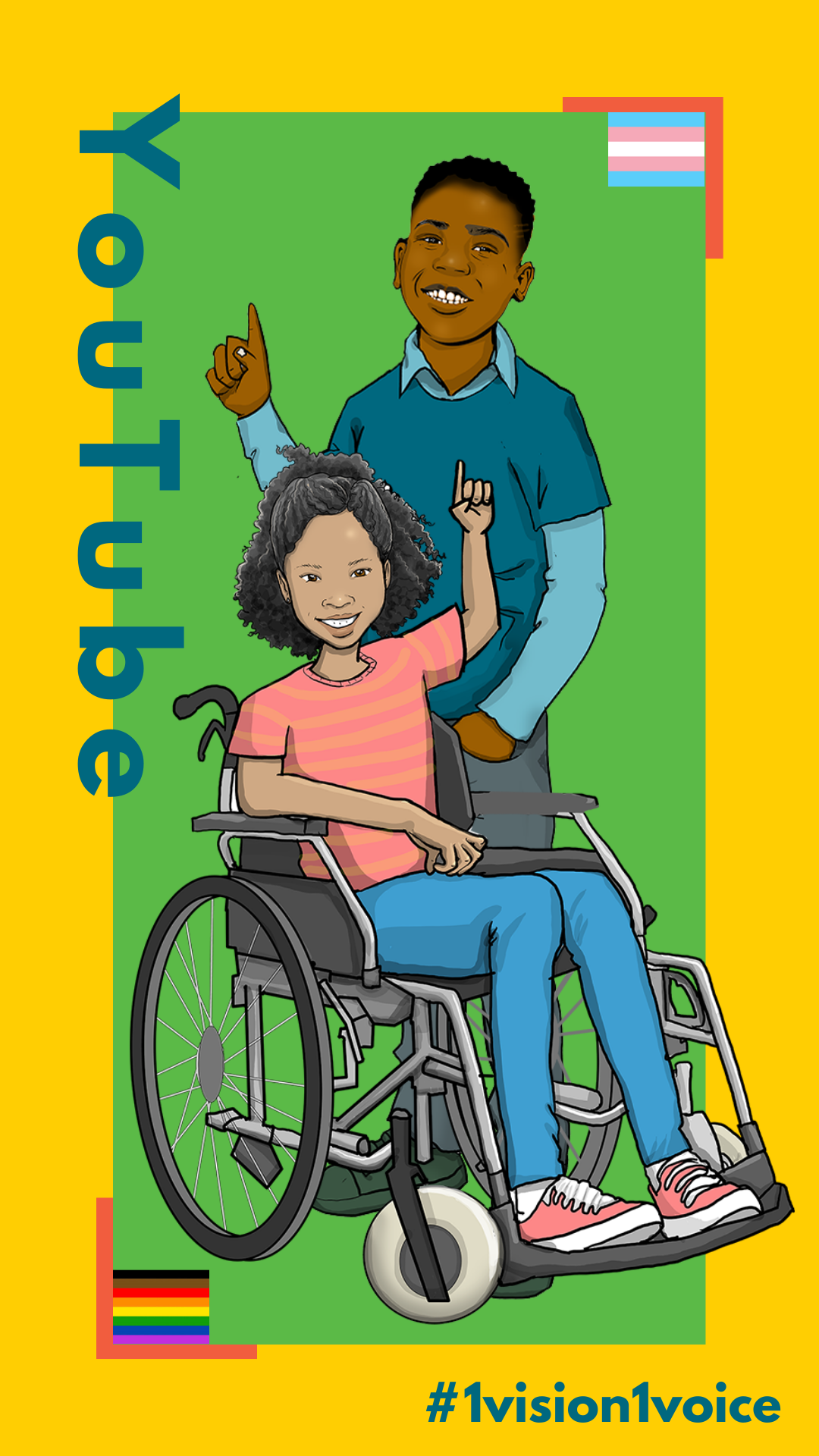 Link to YouTube channel
A channel for African Canadian youth to share, create, celebrate, and educate!
Do you have any music, spoken word, poetry, creations, artwork, or storytelling that you’d like to contribute to our page? If so, please send us a message and we’ll happily share your work!
Link to YouTube channel
A channel for African Canadian youth to share, create, celebrate, and educate!
Do you have any music, spoken word, poetry, creations, artwork, or storytelling that you’d like to contribute to our page? If so, please send us a message and we’ll happily share your work!
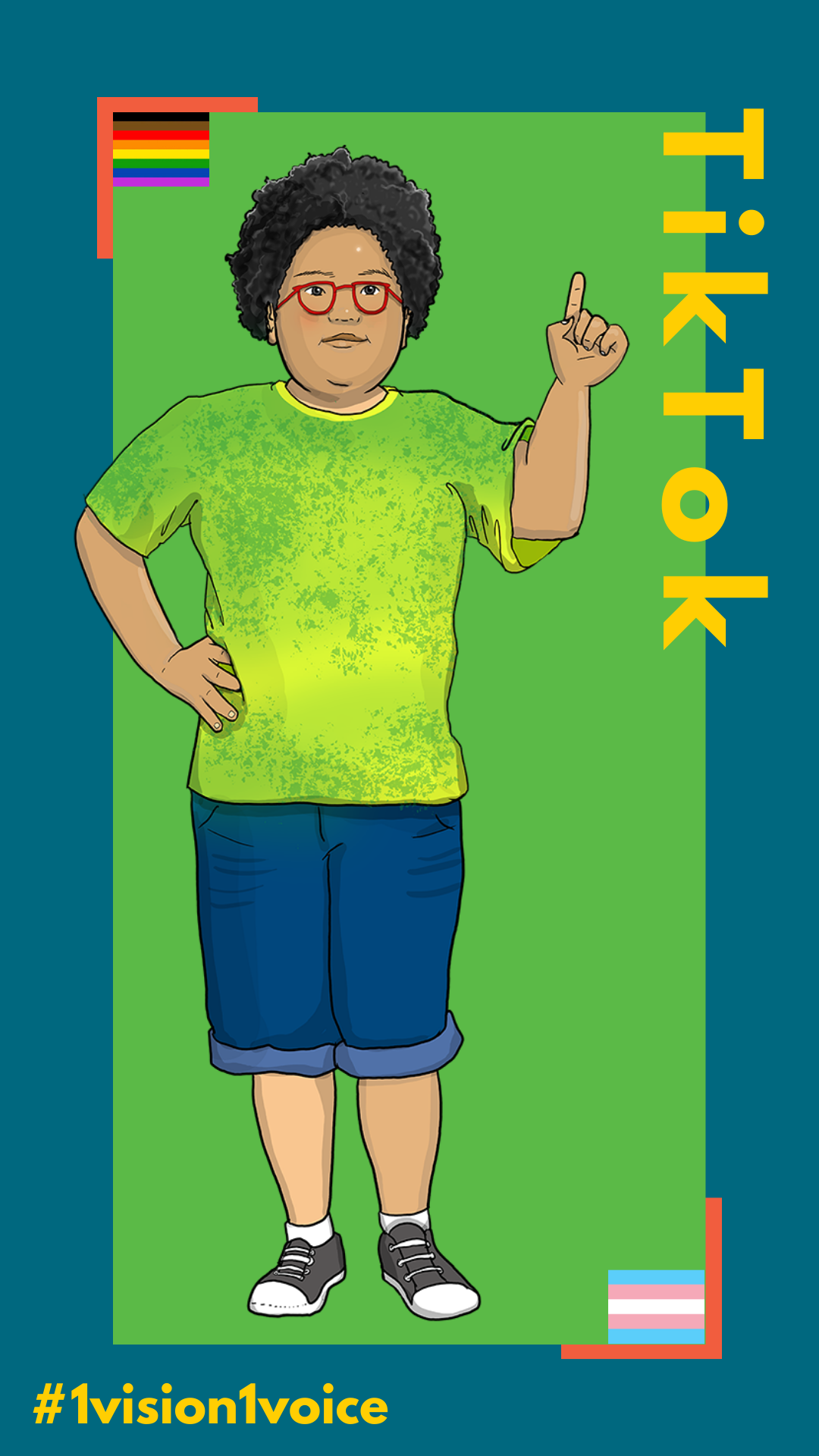 Link to TikTok page
A video channel for African Canadian youth to dance, sing, share, and celebrate culture!
Share your duets and best dance moves! This channel is just for you, to contribute your most uplifting creations! Tag us or send us your original videos and we’ll share your work!
Link to TikTok page
A video channel for African Canadian youth to dance, sing, share, and celebrate culture!
Share your duets and best dance moves! This channel is just for you, to contribute your most uplifting creations! Tag us or send us your original videos and we’ll share your work!
Social Media Guidelines
Let’s keep our social media channels safe, entertaining, and uplifting! Here are a few recommendations on how you can make the most of the OVOV PowerUp! youth portal:- Think before you post! Remember that your teachers, parents, and caseworkers may see your online posts.
- Do not show personal information like your name or addresses: keep it private!
- Promote positive interactions and opportunities—let’s use social media to feel good and inspire others!
- You can use social media to connect with other African Canadian youth with similar life experiences; it’s a great way to share and express your feelings and ideas.
- Be sure to have approval to communicate with others through social media. Please do not interact with family members or others who are not supposed to contact you.
- Remember, communication online may be considered legal documentation of interaction between youth, agencies, and families.
- Be specific about the social media accounts you are using, and what your goals are. Make sure to review each account’s privacy settings.
- Be aware, and report any inappropriate contact, cyber bullying, or suspicious behaviour. Do not respond to mean comments—you can easily block harassing comments, and let a trusted adult know.
African Canadian Arts for Children and Young Adults
We are gathering a list of African Canadian authors and artists who are dedicated to creating fun, reflective, and empowering products and resources for children and young adults.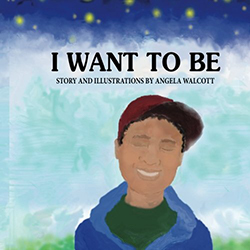 “I Want To Be”
by Angela Walcott
Link
“I Want To Be”
by Angela Walcott
Link
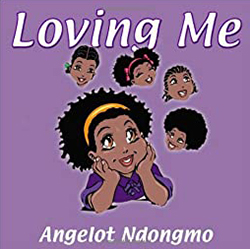 “Loving Me” and “Boy! I Am Loving Me”
by Angelot Ndongmo
Link
“Loving Me” and “Boy! I Am Loving Me”
by Angelot Ndongmo
Link
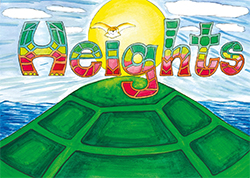 “A Likkle Cute’n in that Hat” and “Heights”
by Karee Shea-Walker
Link
“A Likkle Cute’n in that Hat” and “Heights”
by Karee Shea-Walker
Link
 “Sweet & Sour Honey”
by Michelle Richards Graham
Link
“Sweet & Sour Honey”
by Michelle Richards Graham
Link
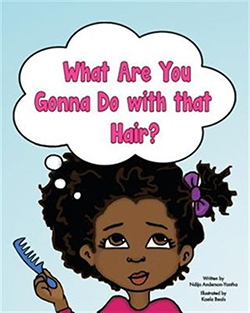 “What Are You Gonna Do With That Hair?”
by Ndija Anderson-Yantha
Link
“What Are You Gonna Do With That Hair?”
by Ndija Anderson-Yantha
Link
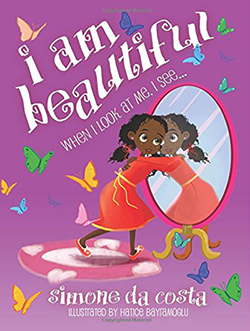 “I am Beautiful” by Simone DaCosta
Link
“I am Beautiful” by Simone DaCosta
Link
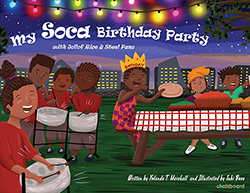 “My Soca Birthday Party with Jollof Rice & Steel Pans”
by Yolanda T. Marshall
Link
“My Soca Birthday Party with Jollof Rice & Steel Pans”
by Yolanda T. Marshall
Link
Learn More

Nicole Bonnie, CEO of OACAS, shares her personal reflections on recent events and anti-Black racism
“It is clearer than ever that we must dismantle oppression and racism—especially anti-Black and anti-Indigenous racism—if we hope to improve outcomes for families in the child welfare system.”
All In! Symposium, gives Ontario Black child welfare staff the first opportunity to gather collectively to discuss their unique experiences.
Feelings of isolation, feeling silenced, having qualifications constantly questioned, passed over for promotions, anti-Black statements in the workplace and in the community are just some of the themes that emerged from Black staff attending “All In!”.
First ever gathering of African Canadian Youth in Care marks a turning point for child welfare
In July 2018, One Vision One Voice hosted Power Up!, the first symposium for African Canadian youth in care ever held in the province of Ontario. Youth shared their experiences with the child welfare system, and participated in workshops, panel discussions, and ceremonies.